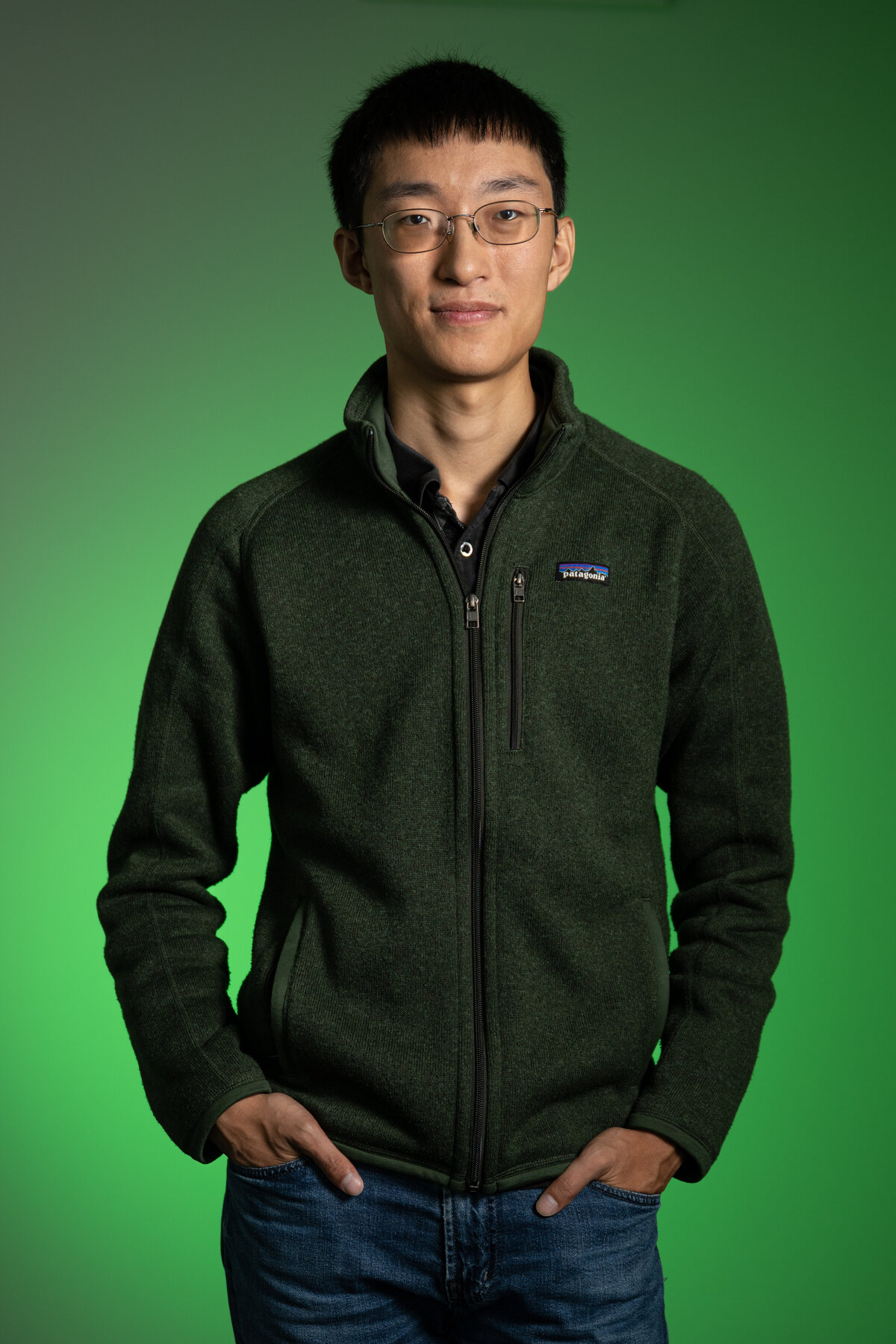Alexander Tong develops next-generation machine learning methods to model and engineer biological systems. His work focuses on creating generative AI that understands the fundamental geometry and dynamics of life, with applications in single-cell biology and therapeutic protein design.
atong@aithyra.at
Alex Tong - Starting Principal Investigator

Alex Tong = Engineering Biology with Generative ML
Alexander Tong is a Starting Principal Investigator at AITHYRA, where his research group develops next-generation machine learning methods to model and engineer biological systems. His work focuses on creating generative AI that understands the fundamental geometry and dynamics of life, with applications in single-cell biology and therapeutic protein design.
He completed his PhD in Computer Science at Yale University, where his thesis, advised by Smita Krishnaswamy, established novel techniques for biomedical discovery using graph signal processing and optimal transport. As a postdoctoral researcher at Mila, he was mentored by Turing Award laureate Yoshua Bengio, pioneering the development of large-scale generative models—including diffusion and flow matching—to solve critical challenges in computational biology.
Dr. Tong's research has been published in top-tier machine learning conferences and scientific journals and has led to new insights into cancer biology and a state-of-the-art framework for generative protein design. Underscoring his commitment to translational impact, he co-founded Dreamfold, a protein design company using generative AI. At AITHYRA, his lab will continue to bridge fundamental AI theory and high-impact biological application, aiming to create the computational tools that will push our understanding of biology.
Google Scholar: https://scholar.google.com/citations?user=CS80pt4AAAAJ&hl=en
Orcid: https://orcid.org/0000-0002-2031-4096
Website: https://www.alextong.net/
Github: https://github.com/atong01
LinkedIn: https://www.linkedin.com/in/atong01/
Generative and Geometric ML for Programmable Biology
The central challenge of modern biology is to understand and predict the behavior of complex, dynamic living systems. From the intricate dance of molecules that determines a protein's function to the developmental trajectories that guide a single cell toward its ultimate fate, these processes are governed by fundamental principles that remain largely hidden within vast and high-dimensional data. The research group of Alexander Tong aims to uncover these principles by developing a new class of machine learning methods designed specifically for the unique challenges of biological data.
Their core thesis is that the next leap in biomedical discovery requires machine learning models that are inherently aware of the underlying geometry, physics, and causal structures of biology. To this end, they invent and apply novel methods at the intersection of three cutting-edge fields: generative modeling, optimal transport, and geometric deep learning. By pioneering new frameworks efficient frameworks like conditional flow matching and simulation-free sampling, the team creates algorithms that are not only more powerful but also more efficient and interpretable than off-the-shelf solutions. This allows to move beyond static snapshots to model dynamic processes in a continuous and predictive manner.
The research program of Alexander Tong advances along two primary directions. The first is the generative design of functional proteins. Here, they move from analysis to synthesis, using specialized geometric deep learning models to design entirely new proteins from scratch. By learning the rules of protein structure and function, they aim to create an engine for the computational design of next-generation biologics and therapeutics.
The second is decoding and directing cellular dynamics. Using data from technologies like single-cell RNA sequencing, they build computational "movies" of cellular life that reveal how cells respond to drugs, progress through disease, or develop over time. Our goal is to create causal models of cellular fate that can predict how to intervene to achieve desired therapeutic outcomes.
At AITHYRA, the Tong group will integrate these thrusts towards a unified vision: in silico biology where they can not only predict but also program biological systems for human health. By building foundational AI tools to solve high-impact problems in medicine, they aim to develop the computational platforms that will define the future of biomedical research and drug discovery.
Publication Highlights
Alexander Tong, Kilian Fatras, Nikolay Malkin, Guillaume Huguet, Yanlei Zhang, Jarrid Rector-Brooks, Guy Wolf, and Yoshua Bengio. "Improving and generalizing flow-based generative models with minibatch optimal transport.” TMLR (2024). https://arxiv.org/abs/2302.00482
Avishek Joey Bose, Tara Akhound-Sadegh, Guillaume Huguet, Kilian Fatras, Jarrid Rector-Brooks, Cheng-Hao Liu, Andrei Cristian Nica, Maksym Korablyov, Michael Bronstein, and Alexander Tong. "Se (3)-stochastic flow matching for protein backbone generation.” ICLR (spotlight) (2024). https://arxiv.org/abs/2310.02391
María Ramos Zapatero*, Alexander Tong*, James W Opzoomer, Rhianna O’Sullivan, Ferran Cardoso Rodriguez, Jahangir Sufi, Petra Vlckova, Callum Nattress, Xiao Qin, Jeroen Claus, Daniel Hochhauser, Smita Krishnaswamy, and Christopher J Tape "Trellis tree-based analysis reveals stromal regulation of patient-derived organoid drug responses.” Cell (2023). https://www.cell.com/cell/fulltext/S0092-8674%2823%2901220-5?uuid=uuid%3A87f7397d-d098-4f70-975a-a71a83dd213f